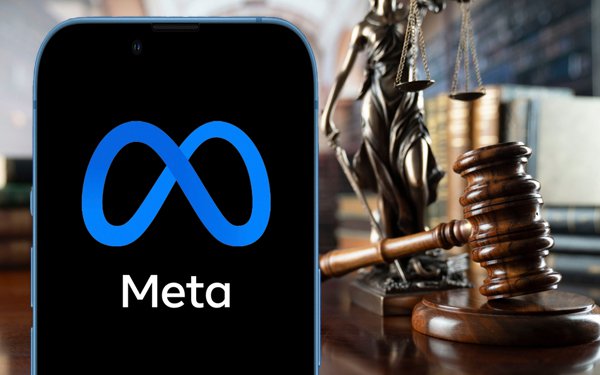
Meta Platforms is urging a federal judge to toss a lawsuit
alleging that starting in 2013, and continuing through at least 2017, Facebook overcharged advertisers a collective $4 billion.
In a motion filed Monday, Meta argues that the
claims fall outside California's four-year statute of limitations.
"The complaint is time-barred on its face," Meta says in papers filed Monday with U.S. District Court Judge
Charles Breyer in San Francisco.
Meta's argument comes in a lawsuit brought earlier this year by the South Carolina gym Iron Tribe
Fitness, which alleged in a class-action complaint that Facebook's auction system failed to protect advertisers from overbidding.
advertisement
advertisement
Iron Tribe specifically alleged that
starting in 2013, and continuing until at least 2017, Facebook purported to use a version of a “second price” auction system but instead, inadvertently, used a “blended price”
system.
In a “second price” auction, the company with the highest bid wins the auction, but isn't charged more than the company with the second highest bid. But in
a “blended price” system, the winning bidder is charged a price between its bid and the bid that came in second.
The move to a “blended price” system
was due to an error in a 2013 software update, according to Iron Tribe's complaint.
The gym claimed Facebook learned of the error in 2017 but, instead of immediately fixing the
issue for all advertisers, "launched a slow rollout of the correction."
The complaint references a September 14, 2017 email by a former Facebook director of engineering, which
allegedly read: “We agree on a (possibly slow) rollout timeline.”
Iron Tribe also alleged that Facebook initially fixed the error for 2% of advertisers and
"gradually expanded the change to 100% of users over a period of time."
Iron Tribe's complaint included a claim that Meta broke its contract with advertisers by allegedly using
the blended price system.
Meta now argues that the allegations in the complaint, even if proven true, wouldn't show that the company did anything wrong after September 14,
2017.
"California law imposes a four-year statute of limitations on claims sounding in contract," Meta writes. "According to the complaint, Facebook changed its auction process
in 2013 and again in late 2017. The complaint lacks any factual allegations that Facebook engaged in any wrongdoing after 2017 -- nearly eight years before plaintiff filed its complaint."
The company adds that the allegations regarding a "slow rollout" of a fix aren't enough to extend the filing deadline beyond 2021.
"Plaintiff cannot postpone
the accrual date ... by vaguely referring to a 'slow rollout' of a supposed 'correction' without offering factual allegations of any misconduct," Meta argues.
Meta additionally
contends that the claims in the lawsuit, even if proven true, wouldn't prove that the company broke its contract with Iron Tribe.
Among other arguments, Meta says Iron Tribe
didn't actually allege that it was overcharged.
"There are no factual allegations about when plaintiff actually purchased advertisements, how much plaintiff spent on
advertisements, whether those advertisements were subject to a 'second price' auction or a 'blended price' auction, or how any amounts ultimately paid would vary based on the type of auction (if at
all)," the company writes.
Breyer is expected to hold a hearing in the case on October 3.